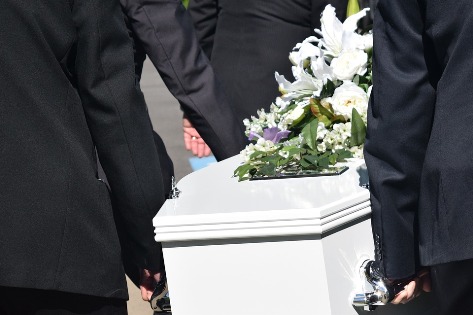“Let the Dead Bury their Dead” – Meaning
Matthew 8:22 which records Jesus saying to one of His disciples, “Follow me and let the dead bury their (own) dead,” is one of the most misquoted and misinterpreted texts in the Bible. What is really the meaning of Jesus’ statement “Let the dead bury their dead?” A couple of weeks ago, my mom told … Read more

